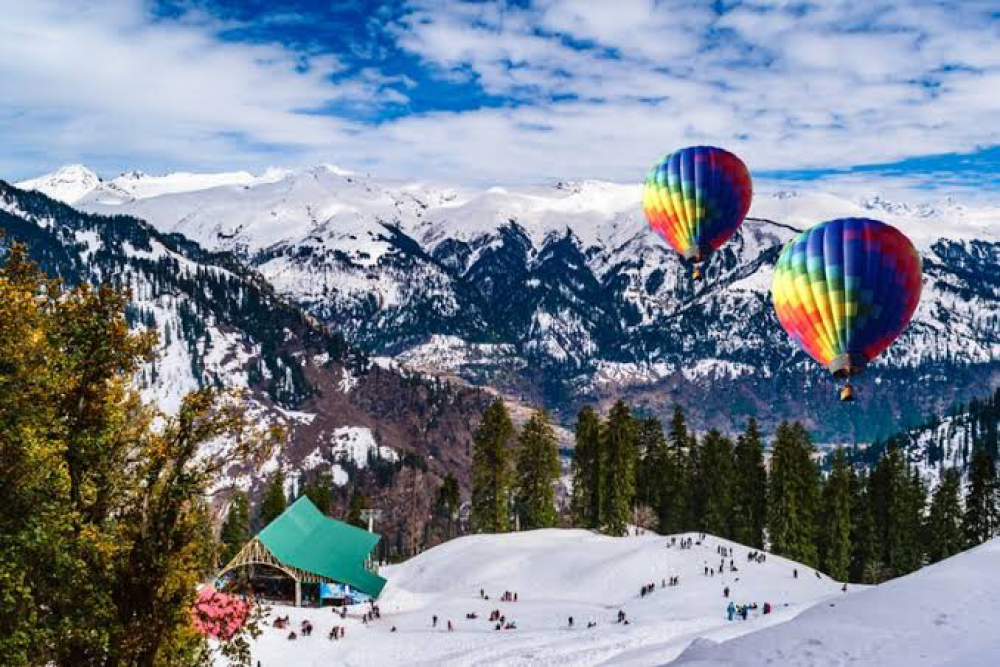

The quaint town of Kullu, nestled in the picturesque Kullu Valley of Himachal Pradesh, has been a popular destination for tourists seeking serenity and natural beauty. The tourism history of Kullu can be traced back to the British colonial era when it was discovered as a summer retreat away from the scorching heat of the Indian plains.
In the 19th century, British administrators and affluent Indians began visiting the valley, which marked the inception of tourism in Kullu. They were captivated by its cool climate and lush green landscapes. As word of its beauty spread, Kullu became a coveted summer destination. The establishment of colonial bungalows and the development of infrastructure like the Kalka-Shimla railway made Kullu more accessible and popular amongst tourists.
With the end of British rule in India post-1947, the Indian government recognized the potential of Kullu as a tourism gold mine. Efforts were made to improve road connectivity, which further boosted visitor numbers. The construction of the Bhuntar airport in the 1960s was a significant milestone that enhanced tourism to Kullu by providing better connectivity.
In the 1960s and '70s, Kullu gained international fame as a part of the 'Hippie Trail.' Travelers from across the globe, especially Europe and America, flocked to Kullu in search of spiritual enlightenment and a haven from the hustle of modern life. This influx significantly influenced local culture and economy.
The establishment of adventure tourism activities like trekking, rafting, and paragliding, along with the famous Dussehra festival, gave Kullu a competitive edge. The Dussehra festival, a week-long event with roots in local folklore and tradition, became a significant draw for domestic and international visitors alike, showcasing Kullu's rich cultural heritage.
In recent years, there has been a shift towards eco-tourism, with emphasized sustainability and conservation. Visitors to Kullu are now offered opportunities to stay in eco-friendly campsites and participate in nature conservation programs. This transition reflects a growing trend globally and helps in preserving the natural beauty of Kullu for future generations.
In the contemporary tourism landscape, Kullu has embraced technological advancements with the implementation of online booking systems for accommodations and activities. Social media has also played a pivotal role in highlighting Kullu's attractions, thus inviting a newer demographic of tech-savvy travelers seeking experiential and offbeat tourism experiences.
Kullu continues to be a treasured destination, offering a blend of serenity, adventure, and cultural richness. With a focus on sustainability, Kullu ensures that its pristine environment, vibrant culture, and warm hospitality remain the cornerstones of a vibrant and dynamic tourism industry.